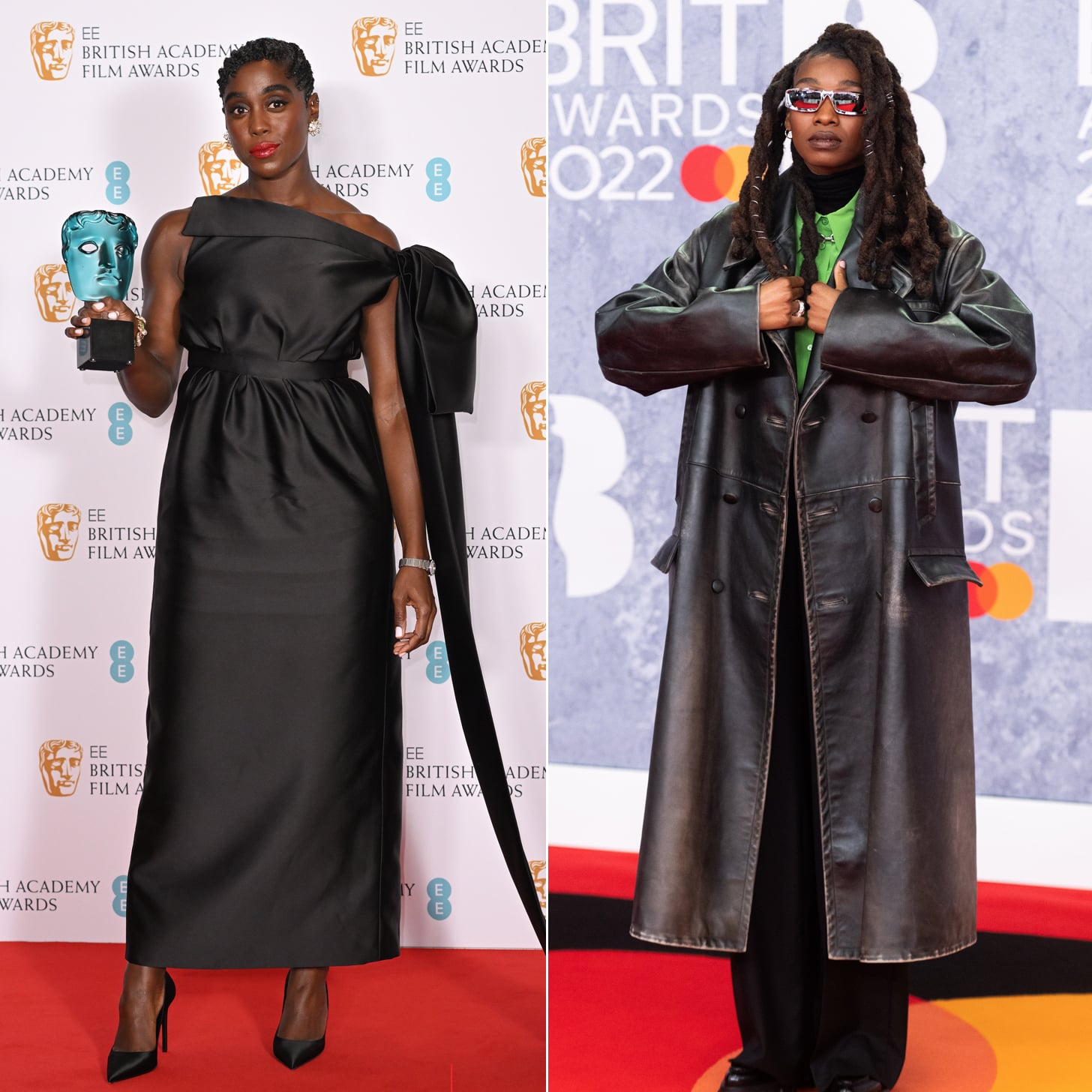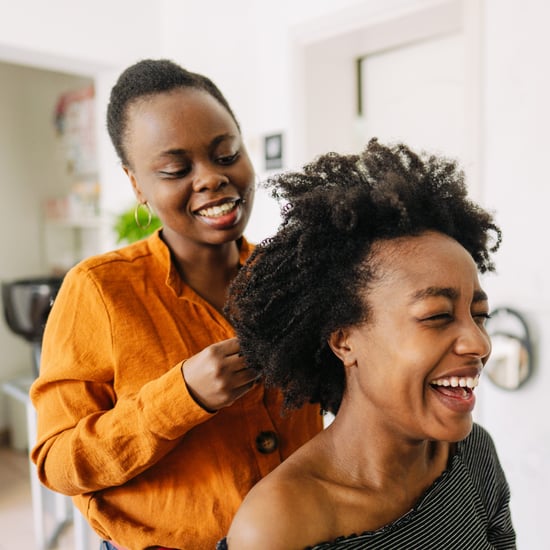Awarding Bodies Are Recognising Black Talent Too Late
Awarding Bodies Like BAFTA and BRITs Are Recognising Black Talent Way Too Late

In 2022, Little Simz won "Best New Artist" at the BRIT Awards. To some (who only discovered Simz off the back of her "Sometimes I Might Be Introvert" album release), this may have seemed like the perfect choice for the award: an up-and-coming rapper who's made it into the mainstream at last. Except, Little Simz is anything but up-and-coming. With her illustrious rap career starting over a decade ago in 2010, and her foray into the acting world in "Spirit Warriors" beginning the same year — Simz' status in British culture is already firmly cemented.
To put this in perspective, Simz released her fourth studio album in 2021, and at that point, already had a starring role in the new series of Netflix's "Top Boy" under her belt (a different category admittedly, but still one that only adds to her relevance). While it might seem like a much-needed and long-awaited recognition, to say that Simz is a new artist after four albums, and a career that began in 2010, is actually a huge disservice. One that acts as proof of a much bigger problem in the entertainment industry that goes far beyond music.
Predominantly-white institutions, namely awarding bodies like BAFTA and the BPI (British Phonographic Industry, aka the founders of the BRIT awards), have a longstanding history of not giving Black people the recognition they deserve, releasing nominees lists lacking in diversity time and time again. In recent years, though more and more people of colour are nominated, it still feels like too little too late. Either Black actors and artists are excluded from the categories altogether, included but never win, or only win junior categories when they're clearly deserving of far more. The latter is increasingly becoming this year's trend.
On 13 March, the 75th annual BAFTA film awards took place at London's Royal Albert Hall, and it saw a whole host of British and international actors being recognised. One such actor was Lashana Lynch, known for her roles in "Still Star-Crossed", "Captain Marvel", and most recently: "No Time to Die". The actor received the 'Rising Star' award at the ceremony, which quite frankly feels about three years too late.
Though it can be argued that categories like 'Best New Artist' and 'Rising Star' shouldn't be dependent on an actor's age, even without that consideration, both these examples include Black women with already established careers and fanbases, which hardly feels like a coincidence.
Take Little Simz' category for example. Alongside the rapper, nominees included Central Cee, Griff, Joy Crookes, and Self Esteem - all artists whose music careers began much later than Simz's in 2013. Griff's debut single was released in 2019, Joy Crookes' in 2017, Central Cee's in 2020, and Self Esteem in 2017, all of which feel like about the right timeframe for a 'new' artist. Someone who began rapping and making music in 2013 however, does not feel as new.
Similarly, alongside 34-year-old Lynch, the BAFTA 'Rising Star' nominees for this year included 19-year-old Millicent Simmonds, 25-year-old Harris Dickinson, 25-year-old Kodi Smitt-McPhee, and 31-year-old Ariana DeBose. The only two people in the category over the age of 25 are both Black women, whilst the other nominees are all white, and just so happen to be a number of years younger. It's hard to not feel that it's seemingly easier to get recognition in your younger years if you're a white actor, yet have to wait till you've 'proved yourself' to be recognised as a woman of colour in the same category.
That said, it's not to say that both Lynch and Simz aren't deserving of these awards. Far from it, in fact. But for two incredibly established and well-known talents, surely there are other categories that they'd fit into better? Lynch could've easily been nominated for leading or supporting actress, and with Simz also being nominated for artist of the year and album of the year, it's hard to believe that 'best new artist' was the category she won the award for.
Even outside of emerging categories like 'Best New' and 'Rising', there are some noticeable discrepancies. For example, the first British Black person to win 'Best Actor' didn't happen till 2013, when Chiwetel Ejiofor won the award for "12 Years A Slave". For the first award-winning performance to come as a result of a film about slavery, it's difficult to see that as a mere coincidence. Not only that, but out of the 90 actors nominated for the 'Best Actor' award more than once, between 1950 and 2021, only one of them was a Black man. Out of the 12 actors who have won the award more than once, not one of them is Black.
Both awarding bodies do have the ability to honour Black talent, especially Black women, in the earlier parts of their careers — and we know this because we've seen them do it before. For example, Bukky Bakray won last year's BAFTA 'Rising Star' award at the age of 20, after her breakthrough debut role in "Rocks". Similarly, 20-year-old Arlo Parks won the BRITs 'Best New Artist' in 2021 after first releasing music in 2019.
For that reason, it's hard to believe that these occurrences are simply a coincidence, that they're truly representative of the entertainment landscape, or that there's no racial bias involved — even if subconsciously. We can only hope that the industry continues to make changes and one day begins to truly support the UK's rising Black talent in their infancy, as they seemingly have no problem doing for their white counterparts.






